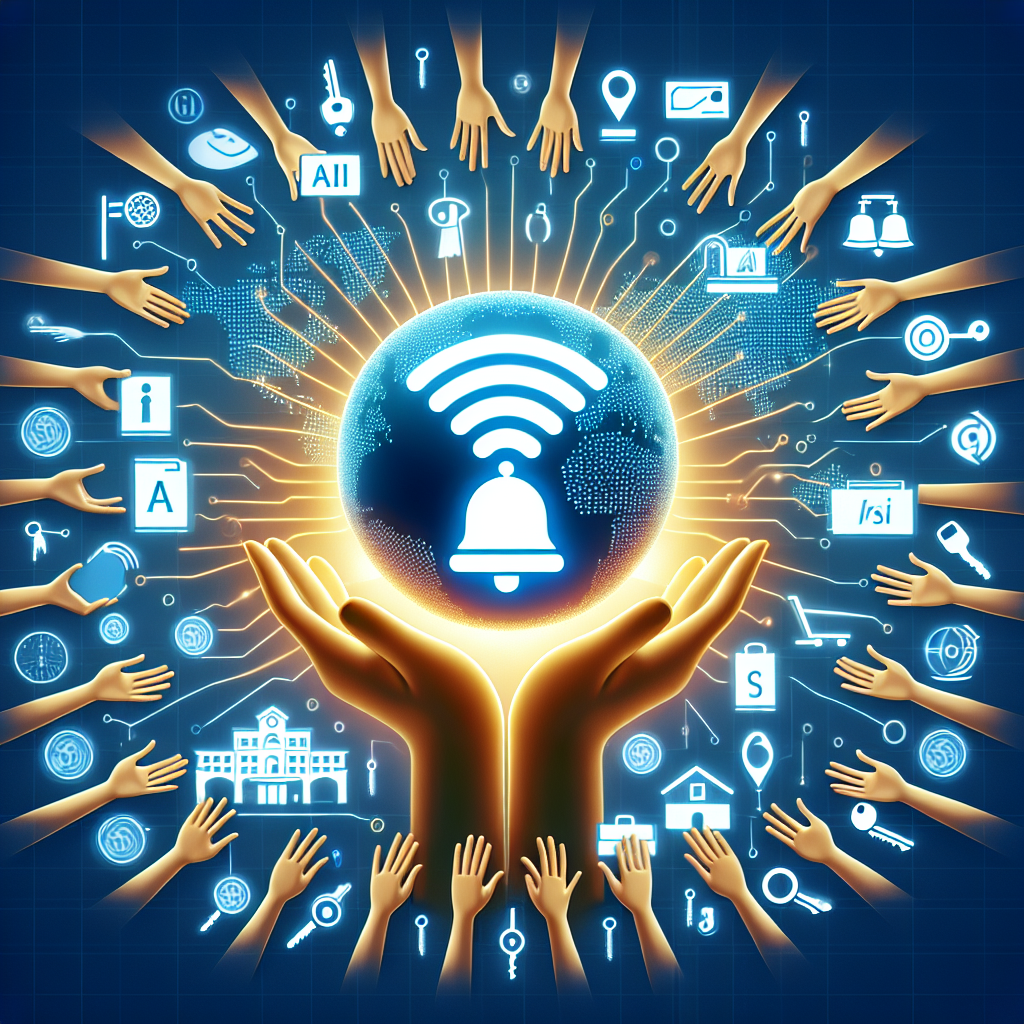The democratization of AI: The democratization of hospitality
Artificial Intelligence (AI) has been a game-changer in many industries, including hospitality. From chatbots to personalized recommendations, AI has transformed the way hotels and restaurants interact with their guests. However, the democratization of AI is now taking this transformation to the next level, making these technologies accessible to businesses of all sizes.
What is the democratization of AI?
The democratization of AI refers to the process of making AI technologies more accessible and affordable to a wider range of businesses and individuals. In the past, AI technologies were often expensive and required specialized knowledge to implement and maintain. However, advances in AI technology, as well as the development of user-friendly tools and platforms, have made it easier for businesses to leverage AI in their operations.
In the hospitality industry, this means that even small hotels and restaurants can now use AI-powered tools to improve customer service, streamline operations, and enhance the overall guest experience. From automated booking systems to personalized recommendations, AI is helping businesses of all sizes stay competitive in a rapidly changing industry.
How is AI democratizing hospitality?
AI is democratizing hospitality in a number of ways, including:
1. Personalized customer experiences: AI-powered tools can analyze customer data to provide personalized recommendations and offers, creating a more tailored experience for each guest.
2. Automated processes: AI can automate routine tasks such as booking and check-in, freeing up staff to focus on more complex and high-touch interactions with guests.
3. Predictive analytics: AI can analyze data to predict trends and patterns, helping businesses make more informed decisions about pricing, inventory management, and marketing strategies.
4. Improved efficiency: AI-powered tools can streamline operations, reduce errors, and increase productivity, leading to cost savings and improved customer satisfaction.
5. Enhanced security: AI can help businesses detect and prevent fraud, identify security threats, and ensure compliance with data protection regulations.
Overall, the democratization of AI is leveling the playing field in the hospitality industry, allowing businesses of all sizes to harness the power of AI to compete with larger, more established players.
FAQs about the democratization of AI in hospitality
Q: How can small businesses afford AI technology?
A: Many AI tools and platforms are now available on a subscription basis, making them more affordable for small businesses. Additionally, some AI providers offer free trials or discounts for startups and small businesses.
Q: Will AI replace human workers in the hospitality industry?
A: While AI can automate certain tasks, such as booking and check-in, it is unlikely to replace human workers entirely. Instead, AI is more likely to augment human capabilities, freeing up staff to focus on more complex and high-touch interactions with guests.
Q: Is AI secure?
A: AI technologies are subject to the same security risks as other digital tools. However, many AI providers have robust security measures in place to protect customer data and prevent unauthorized access.
Q: How can businesses ensure that AI technologies are used ethically?
A: Businesses should establish clear guidelines for the use of AI technologies, ensuring that they are used in a transparent and ethical manner. This may include obtaining consent from customers before collecting and using their data, and regularly auditing AI systems to ensure compliance with ethical standards.
In conclusion, the democratization of AI is transforming the hospitality industry, making AI-powered tools more accessible and affordable to businesses of all sizes. By leveraging AI technologies, businesses can enhance the guest experience, streamline operations, and stay competitive in an increasingly digital world. With the right strategies and safeguards in place, AI has the potential to revolutionize the way businesses in the hospitality industry operate, paving the way for a more efficient, personalized, and secure future.

